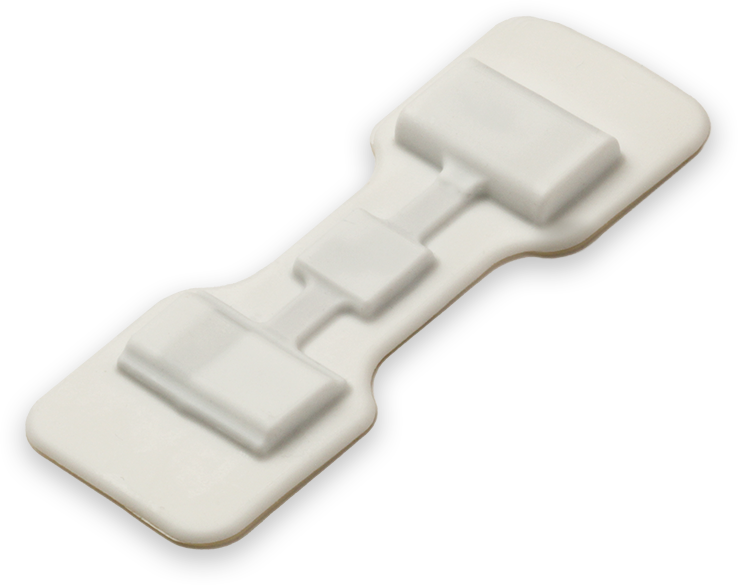Wearable could prevent Sudden Cardiac Death
- April 19, 2023
- William Payne

Around three million people worldwide suffer sudden cardiac death each year. A major cause of sudden cardiac death is lowered potassium levels. Measuring potassium has required blood tests, conducted within most health systems typically once a month. Now medtech company Alio has developed a wearable monitor for potassium levels that can test potassium levels every few hours. For the large number of people at risk of sudden cardiac risk, non-invasive potassium monitoring promises to be a life saver.
Reduced potassium levels can result from multiple, and sometimes hidden, causes. Severe kidney disease is a primary cause of reduced potassium levels, a condition known as hypokalaemia. Certain diuretics used to treat cardiac conditions can also lead to reduced potassium levels.
Medtech company Alio has now achieved FDA clearance for its remote potassium monitoring platform, which also monitors for haematocrit and haemoglobin as well as potassium. The FDA clearance positions Alio as the world’s first non-invasive potassium monitor with FDA clearance.
The Alio platform consists of a SmartPatch, hub, and portal which non-invasively capture clinical-grade metrics for care teams. Alio makes it possible for patients and their care teams to monitor their condition on an ongoing basis by issuing actionable notifications. With this clearance, the SmartPatch is cleared for use in monitoring key metrics including skin temperature, auscultation, heart rate, hematocrit, hemoglobin, and potassium.
While the technology can be deployed to monitor a number of chronic conditions, the company’s first area of focus is patients with End-Stage Kidney Disease (ESKD). Until now, there has been little to no advancement in care management or innovative solutions for patients on dialysis and their care teams. Patients with ESKD are at particularly heightened risk for hospitalisations due to complications like fluid overload, dyskalemia, and more. The current standard of care typically monitors key metrics through a monthly blood draw. The Alio SmartPatch takes readings non-invasively every few hours.
“This is such a pivotal moment for our organisation, one which is the culmination of years of hard work, the trust of our amazing clinical partners, and the backing of our forward-thinking investors,” said David Kuraguntla, CEO and co-founder of Alio. “When we began this journey we knew better care was possible but it would require purpose-built technology designed with altruistic intentions and the patient in mind. At Alio, we believe in a world where no patient with a chronic condition will have to wonder whether their health is being properly managed and no family member will have to say goodbye to a loved one too soon simply because they didn’t have insight into their own condition.”
Receiving this latest clearance means Alio’s technology is officially available for commercial deployment and will allow hospitals and health systems to bridge the gap in care by better connecting clinicians to their patients without requiring more frequent visits to any clinical site. This will ultimately drive down healthcare costs and help prevent adverse health events, particularly because 65% of dialysis related hospitalisations are preventable. And, considering the average ESKD patient in the U.S. is hospitalised twice per year for an average of 11 days, creating a national spend of over $12B, the potential is enormous.
“There are millions of people around the world with chronic kidney disease and, here in the US alone, ESKD patients make up 1% of the Medicare population yet they account for 7% of Medicare spend,” said Eric Hargan, former deputy secretary of the Department of Health and Human Services. “We started KidneyX, a public-private initiative, for exactly this reason – so innovative organisations like Alio would be able to put powerful technology into the hands of patient populations who will benefit significantly. I’m thrilled to see Alio receive this latest clearance and I know this is just the beginning of the kind of impact they’ll be able to have on a global scale.”




